It is important to know the benefits of having indoor plants. They are manageable and easy to take care of. It also works like an air-purifying machine without batteries. All it needs is constant care and watering for several times a week. You don’t even necessarily have to change its soil or add fertilizer every 2 weeks.
If you live with pets or have allergies, it’s best to ask your local gardener or flower shop which plants are toxic and which ones are not.
Easy to care plants
Spider plants (Chlorophytumcomosum) -water two to three times a week.
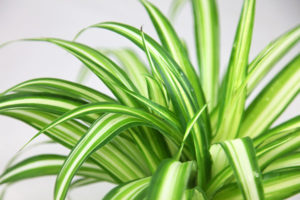
- Also known as air plants; grows quickly and looks great in hanging baskets
- Has more than 200 species and can survive if we forget or too busy to tend
- Non-toxic; eliminates formaldehyde and xylene
Dracaenas– keep the soil damp not soggy
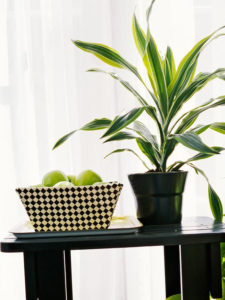
- Toxic to animals (may cause vomit, constant salivation, or have dilated pupils)
- eliminates formaldehyde, xylene, toluene, benzene, trichloroethylene
Golden pothos (Epipremnumaureum) – water when soil is dry; trim the trendils when the plant gets big.
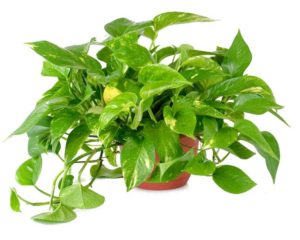
- Also known as devil’s ivy; grows up to 8 feet long
- Considered one of the most effective indoor air purifiers for removing common toxins
- Toxic to animals; eliminates formaldehyde, xylene, toluene, benzene, carbon monoxide, and more
Chrysanthemums (Chrysanthemum morifolium) –check soils moisture every other day; keep it damp
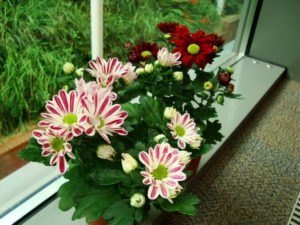
- Also known as mums; ranked highest for air purification
- Known to eliminate common toxins as well as ammonia, formaldehyde, xylene, benzene
- Toxic to animals
Plants that need little extra care
Bamboo palms (Chamaedoreaseifrizii) – keep soil moist; place where air circulates freely; mist occasionally to avoid spider mites.
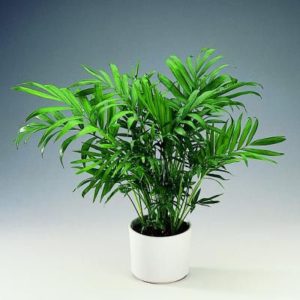
- likes light but not direct sunlight; transpires a healthy dose of moisture in the air
- Non-toxic; eliminates formaldehyde, benzene, carbon monoxide, xylene, chloroform, and more
Rubber plants (Ficus elastica) – water moderately to keep soil moist
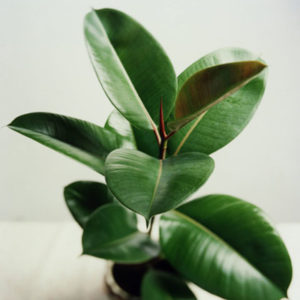
- Evergreen trees from India; roots grow upward
- Likes bright, filtered light and attention
- Toxic to animals
- Eliminates carbon monoxide, formaldehyde, trichloroethylene and more
benefits of having indoor plants – water moderately; allow compost to almost dry out before watering. Chinese evergreens like high humidity, a little regular misting, and getting repotted every few years.
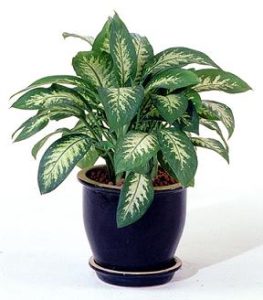
- Toxic to animals
- Eliminates benzene, carbon monoxide, formaldehyde, trichloroethylene, and more
Peace lilies (Spathiphyllum) – Keep soil slightly moist; thrive in most lighting conditions. Too little light can prevent flowers from blooming.
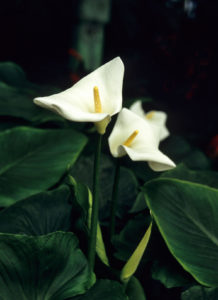
- one of the top three plants for removing common household toxins, even ammonia
- Toxic to humans and animals (can cause burning, swelling, and skin irritation in adults)
- Best to keep as an ornamental plant
- Eliminates formaldehyde, benzene, trichloroethylene, xylene, ammonia, and more
More ways to air purify your home aside from indoors air purifying plants:
- Keep your floors clean by vacuuming and mopping.
- Avoid synthetic cleaners or air fresheners.
- Reduce humidity in your air.
- Increase ventilation.

